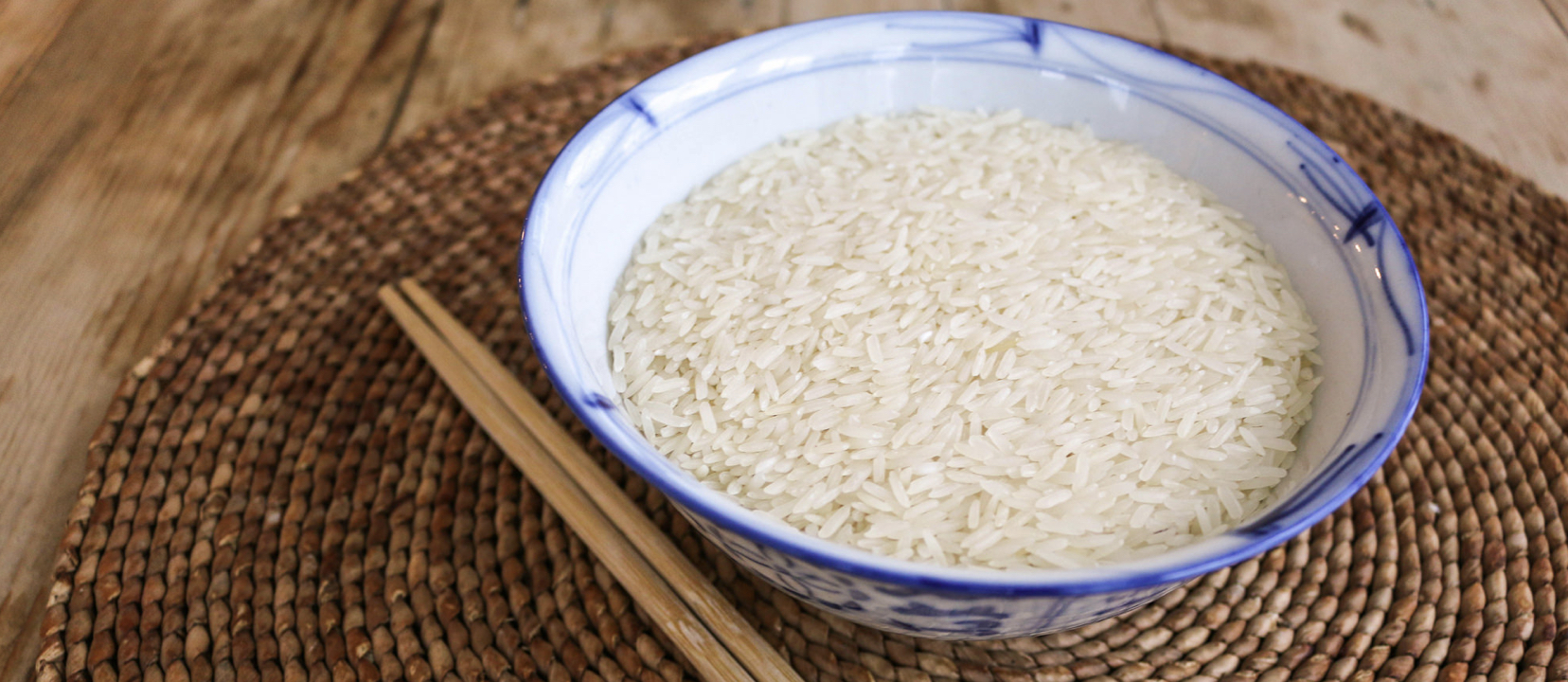While millions of people know about Monsanto and the harm the company has caused to people and the environment through Agent Orange, DDT, glyphosate, and GMO crops, few people seem to know exactly which GMO crops to avoid.
The main GMO crops to avoid mainly include ingredients with corn, soy, canola, sugar beets (listed as “sugar”), and cotton.
Much smaller amounts of potatoes, apples, crookneck squash, alfalfa, and papaya may also be GMO, rounding out the simple non-GMO shopper’s list (buy organic whenever possible to avoid pesticides as well).
RELATED STORY:
Now, however, one of the most common foods mistakenly thought of as GMO has officially been approved through a deal with China, and it could become part of the above list in the near future if government regulators have their way.
U.S. FDA Officially Approves Chinese Grown GMO Rice
According to a new report from the Global Times of China, the first variety of Chinese GMO rice has been approved for export and human consumption after it was created by a group of scientists in the country.
(Check out the video below, China doesn’t want their people to know just how dangerous GMO’s are…)
While the opposition to GM foods is strong in China, the rice, dubbed Huahui No.1, is the exception.
RELATED STORY:
The product is designed to reduce pesticides by being genetically engineered to be resistant to a wide range of insects; however critics wonder as to whether these aims will come to fruition as multiple types of GM crops in the U.S. have faced stiff resistance from “superbugs” and weeds that have spring up in opposition to them in the field.
The rice has not been approved for mass cultivation yet, however, has been approved by the U.S. FDA in an email to Lin Yongjun, a professor at Huazhong Agricultural University, a developer of the rice. The FDA reportedly approved the rice based on the safety and nutritional assessment conducted by the university itself.
Still, online commenters have not been kind to the news in China.
RELATED STORY:
“Since the Americans approved it, sell it to the Americans,” one popular comment read according to the Times.
A lack of public acceptance has been one of the biggest reasons as to why the GMO experiment has not gotten off the ground in China.
For more information, check out the full article by clicking on this link. You can also read an article about scientific concerns with the rice by clicking here.
This article was originally written for March Against Monsanto and republished with permission. For more articles like these in your inbox, you can sign up by clicking on this link.
*Article originally appeared at Alt Health Works.












